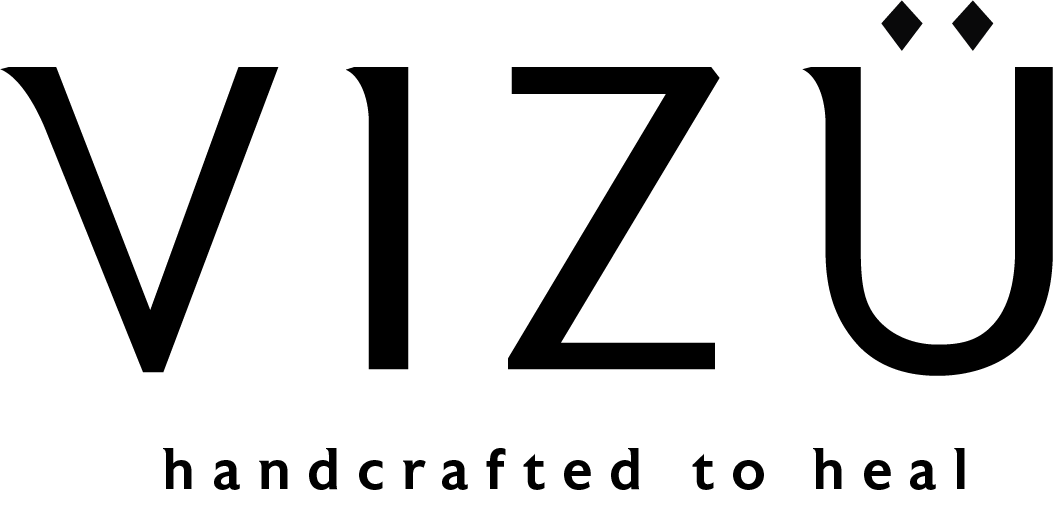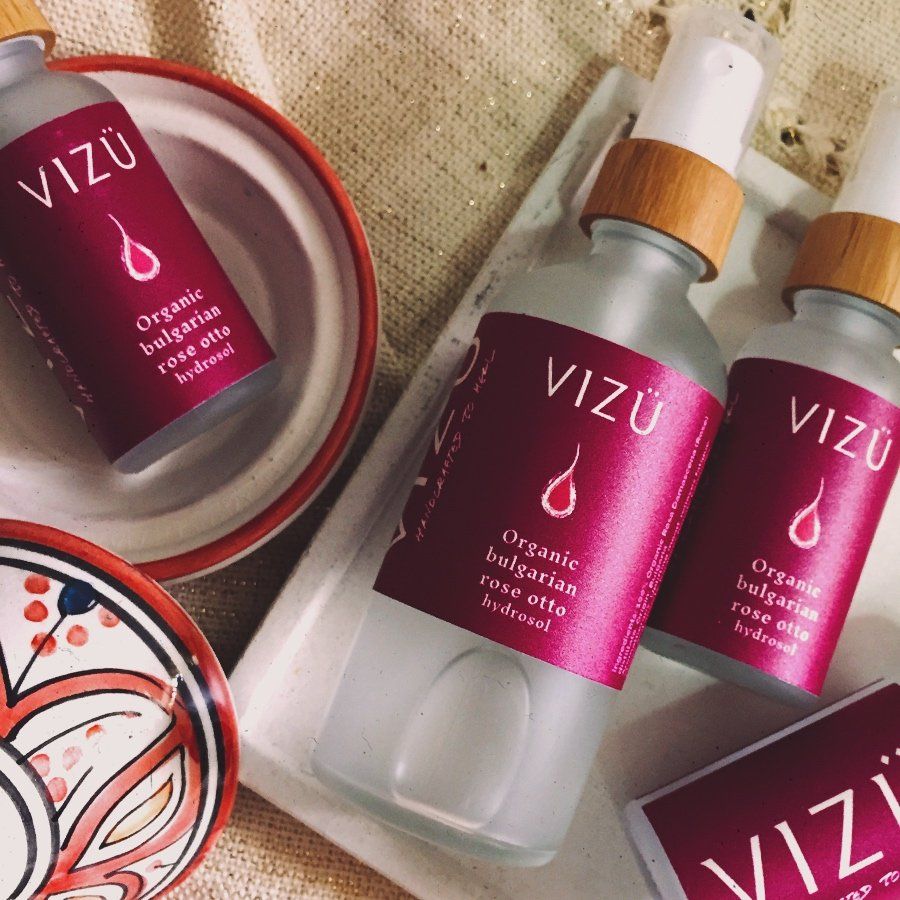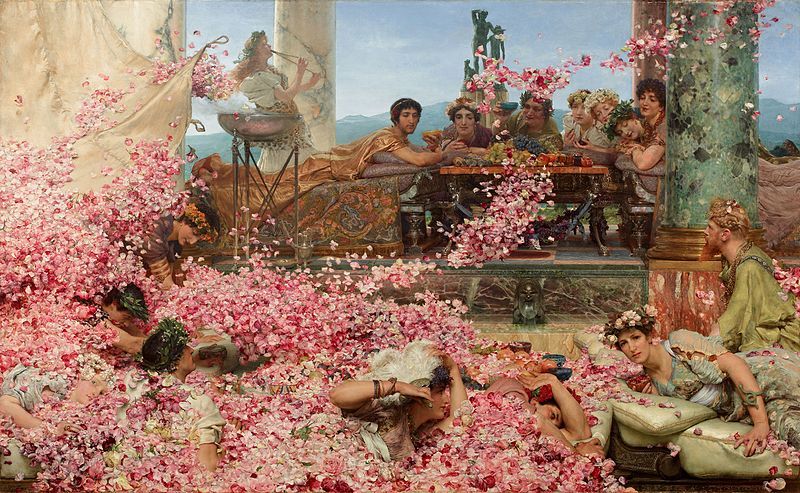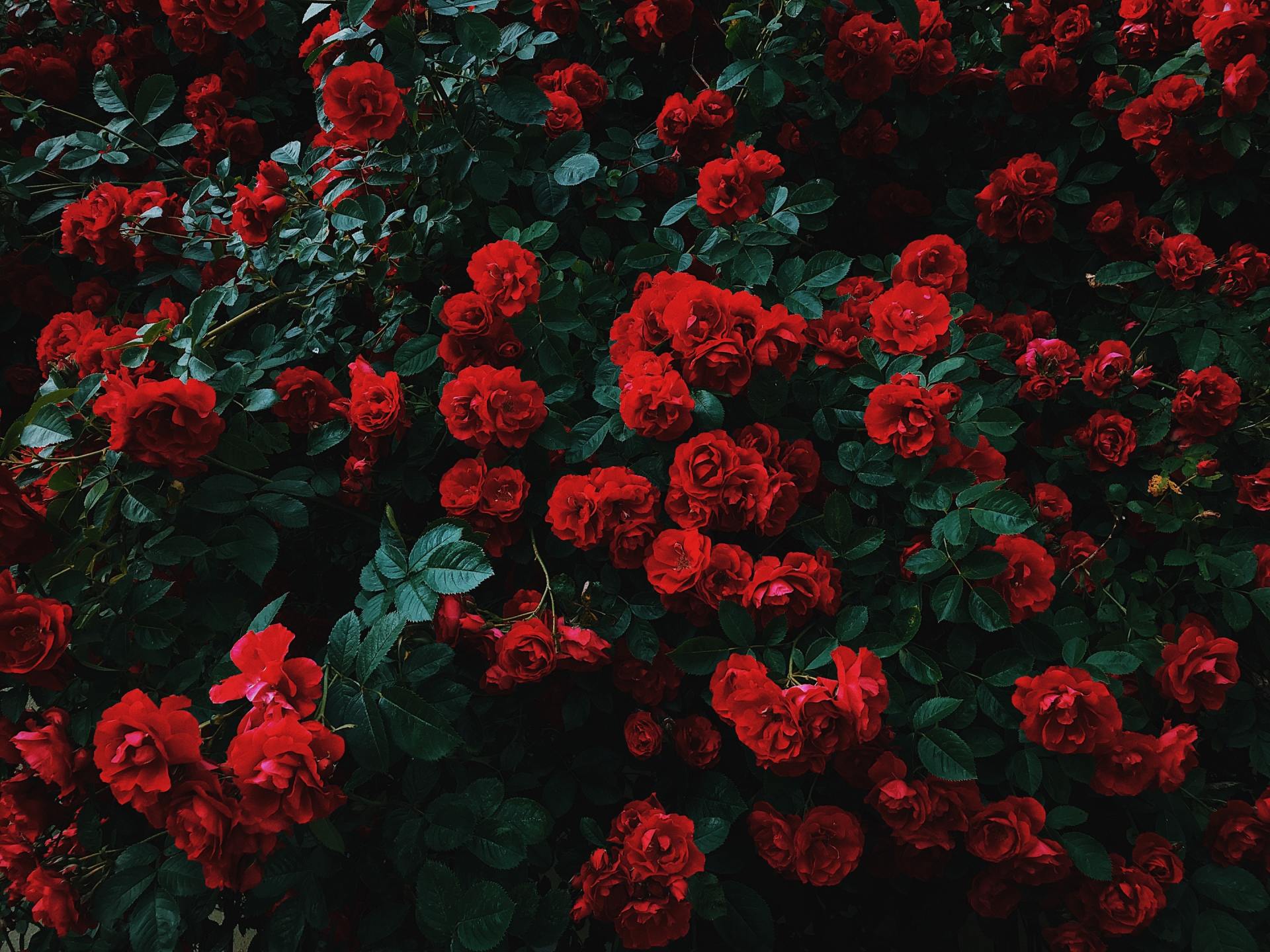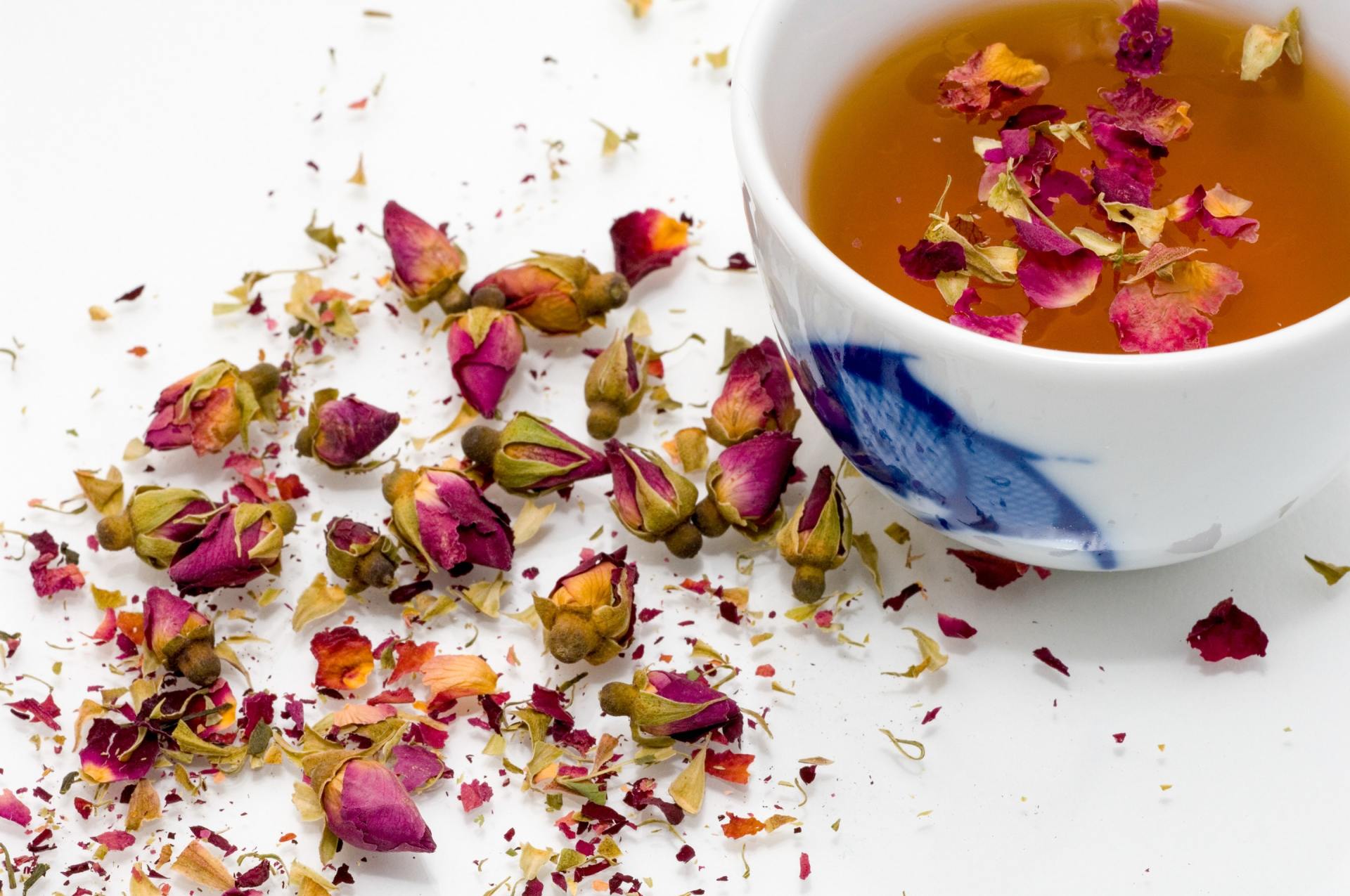- Gentle enough to use on pets, babies and children of all ages, no dilution required unlike essential oils.
- Regenerates the skin cells; especially beneficial for dry, sensitive, inflamed, red, aging skin.
- Destroys dandruff, heals scalp inflammations, as well as revitalizing, moisturizing, and nourishing the hair.
- Aids in healing wounds, cuts, and scars, while antioxidant characteristics help with regenerating skin tissues and firming up skin cells.
- In Bulgaria, rose hydrosol has been recommended as a gargle or throat spray for sore or inflamed throats.
- Use as a facial toner as its powerful astringent properties help tone skin and tighten pores.
- Double up as a skincare hydrating mist to refresh, revitalize, soothe and cool tired skin. Can be used over make up.
- Natural remedy cure for bacteria infected eye ailments such as conjunctivitis.
- Balances the female hormonal and reproductive system.
Organic Bulgarian rose otto hydrosol
30g (travel-size), 15 sgd
100g, 35 sgd
500g (refill bottle), 95 sgd
Hydrosols are also commonly known as aromatic waters, flower waters, herbal distillates.
Aromatherapy: Uplifting mood, relieves fatigue, stress and anxiety, balances female hormones, promotes love and joy.
Skincare: Useful anti-ageing and hydrating toning rose water to use over and under make up. Soothing and healing to all skin types. Anti-bacterial, anti-inflammatory, skin-toning, revitalizing effects help to regenerate skin cells and firm up skin tissues. A precious alternative to rose otto essential oil. Effective and safe use on sore, irritated eye ailments including conjunctivitis. Skin becomes supple and plump with frequent use.
Ingredients: Rosa Damascena (Rose) distillate
Origin: Bulgaria
Extraction: The aromatic waters collected through the process of rose otto (Rosa Damascena) essential oil, a co-product after steam distillation of organic rose otto petals.
Plant part: Flower petals
Scent: Floral scent, sweet aroma of fresh roses.
Safety considerations: None
Best before August 2023 ( BN0322), June 2023 (BN0122), March 2023 (BN0821), Dec 2022 (BN0621), Sept 2022 (BN0121/0421), refrigerate for longer shelf life.
Health Sciences Authority (HSA) registered no: CCPN2006012
The use of rose water dates back to Cleopatra, the fabled beauty of Egypt – She made use of rose water in her beauty regimes. However the most significant origin traces back to regions of ancient Persia, modern day Iran and the Middle East. Arabic doctors were the first to use roses as a remedy in the form of a jam, while Arabian women used roses as an ingredient in their eye cosmetics. The chemist Avicenna, hailing from Persia, was the one who refined our modern rose water’s mass production through the process of steam distillation.
Bridal ceremonies, especially Indian weddings, in the Middle East and Asia usually incorporate the use of rose water which is a sign of welcoming guests and uplifting their moods, as well as ensuring a happy and joyful marriage.
The ancient Romans were particularly fond of feasts prepared with roses. They had rose wine, rose cakes and pastries, rose sauces for meats and games, and they also nibbled on rose petals which are sprinkled all over the banquet tables. Rose water is still highly valued in the food industry due to its distinctive floral rose flavour, especially for sweets, such as baklava, Turkish delights, gumdrops, and nougat.
Profile of rose hydrosol
Aromatherapy beauty masks
The aroma of roses promotes love and joy, uplifts mood and instantly relieves fatigue.
Great idea to use in clay mask preparations and on face sheet masks.
